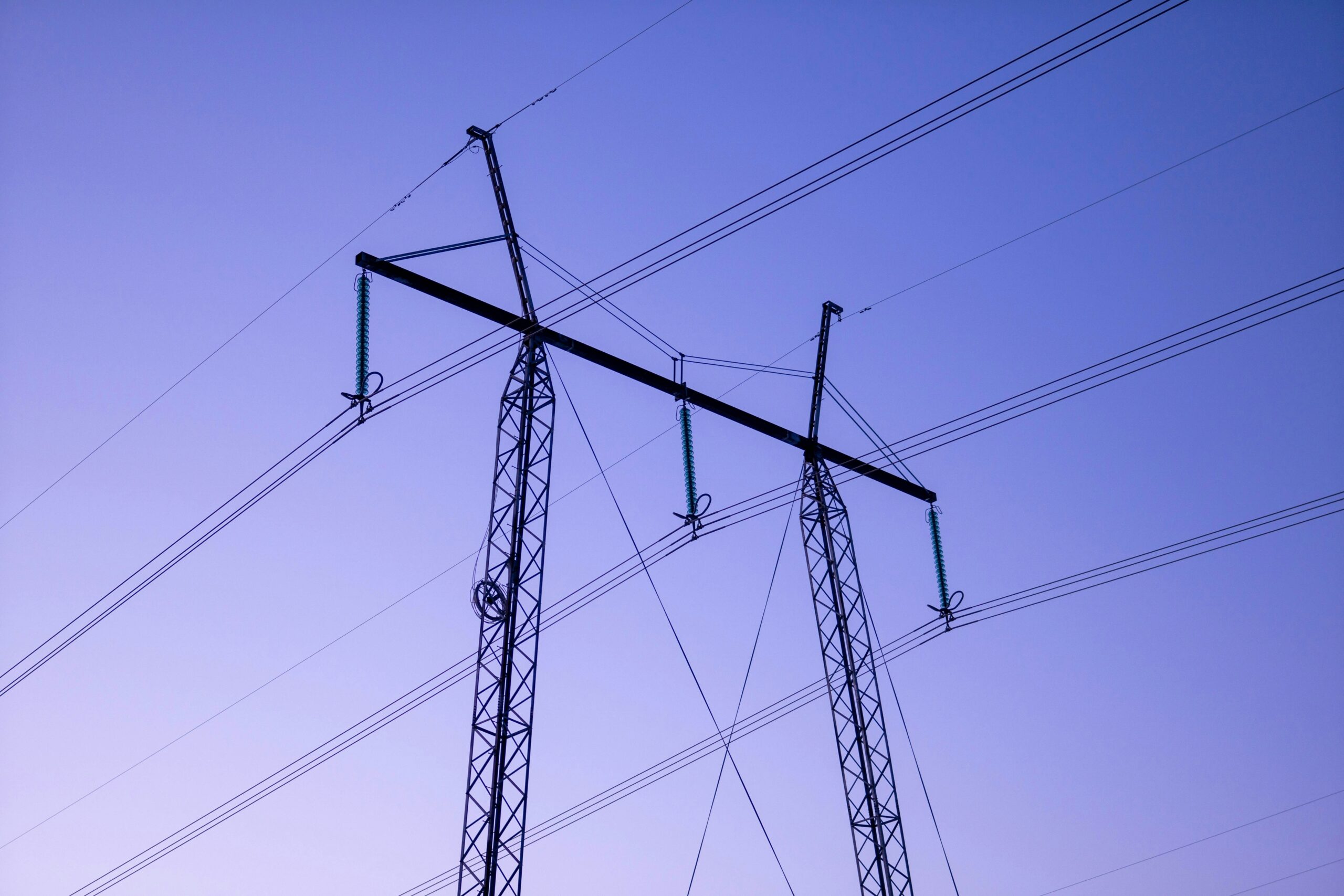
Main narratives:
- Energy dependency;
- General anti-government sentiments;
- Russophobic rhetoric.
Overview:
A widely discussed topic was the announcement that on 8 February 2025, the Estonian electricity system will be disconnected from the BRELL network and will join the European grid the following day, 9 February. Many pro-Russian social media users began actively claiming that this process would inevitably lead to mass blackouts. This further fueled the ongoing debate about energy security, which had already been sparked by earlier news that the Narva power plants could be shut down for exceeding emission limits. On 21 November, an audit report on Eesti Energia’s activities was published, revealing serious violations within the company, particularly regarding excessive emissions. As a result, pro-Kremlin commentators have been actively promoting the narrative that uninterrupted electricity supply in Estonia is only possible through cooperation with Russia.
In addition, critical commentators on social media have discussed the intention to ban the use of the Russian language, as the Estonian Ministry of the Interior has prepared a draft law that would eliminate the use of the Russian language when submitting documents to apply for a permanent residence permit. In addition, new requirements will be introduced for those applying for permanent residence in Estonia, such as compulsory completion of an adaptation programme and Estonian language proficiency of at least A2 level. Although the official statement refers to the need to prevent the abuse of residence permits and visas and illegal immigration in order to ensure safety, public order and national security, some comments on social media insinuated the alleged Russophobic intentions of the Estonian government.









